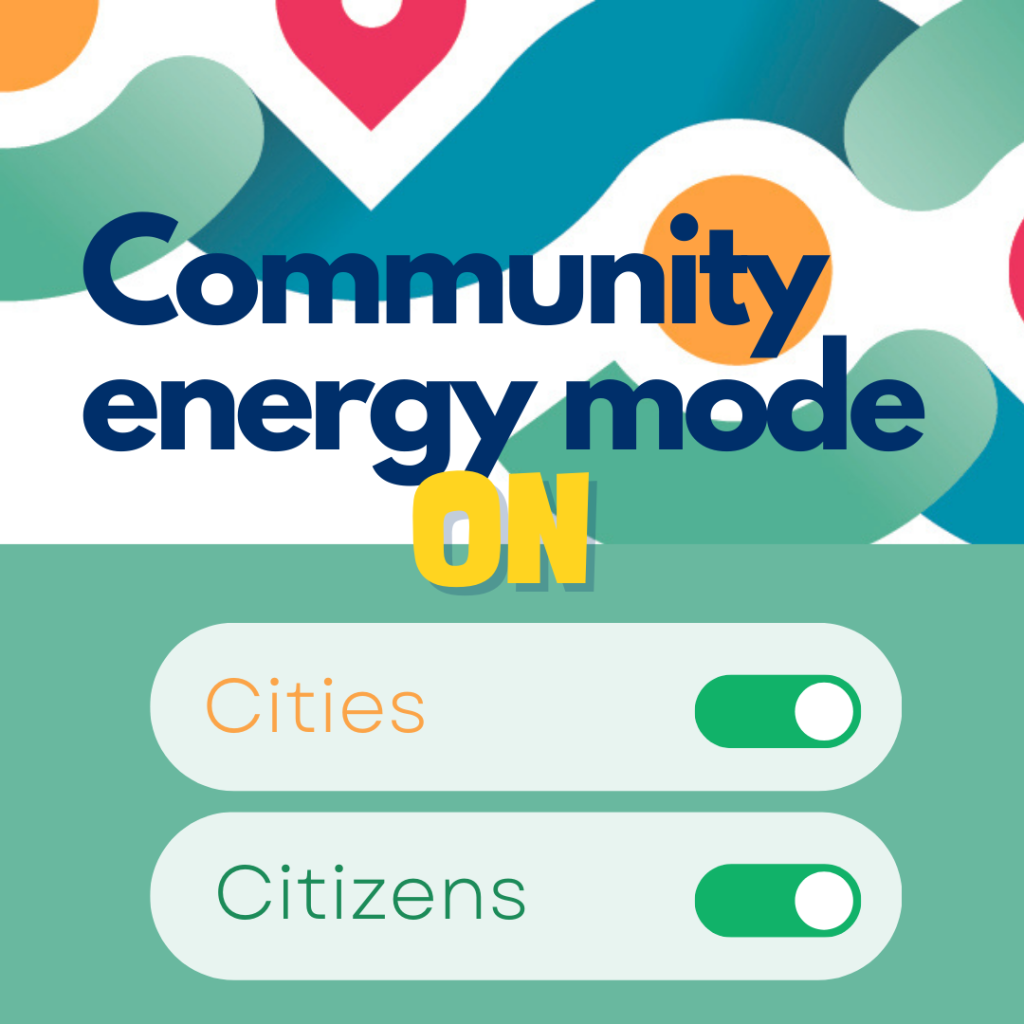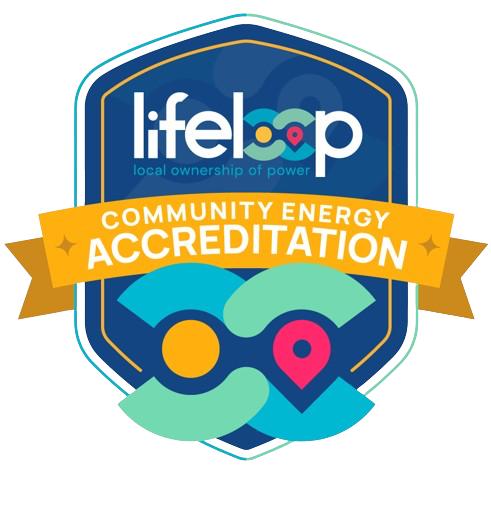The recent EU election results may want you to defend democratic energy (and other) initiatives. Inspiration and hope come from cities like Zagreb, Bistrita and from places like Crete in Greece: The local authorities and citizen organisations there are set to achieve their sustainable energy plans and strategies by catalysing new community energy initiatives. Being part of the LIFE LOOP project, they all focused on a first big milestone: Drafting a Community Energy Roadmap that sets a common vision and clear steps towards the community involvement in solar and energy efficiency projects. Codesigning such a municipal strategy is not part of political culture in all pilots and made the process even more challenging – but also innovative! The three action plans are out since the beginning of the year and are expected to have direct impact at the local level.

Here’s a glimpse of the current situation in these LIFE LOOP pilots in Greece, Romania and Croatia:
Greece: Community energy laws in Greece have constantly been evolving since the first one was released in 2018. Community energy is growing all over the country and the island of Crete is part of the movement: In Crete, the pilot is community-driven thanks to Minoan Energy, but municipalities are actual members of this energy community. In the past months, various workshops and meetings helped those local authorities learn about the importance they can have in developing community energy. Their motivation for action increased. The result is tangible: since 7th of June, the first LIFE LOOP community solar project has been installed by Minoan Energy in Patras, on the Greek mainland. It will produce 1MW of electricity. One step forward in democratizing the energy sector!
Croatia: In Croatia, the legal framework does not allow for energy sharing, but feed-in-tariffs were recently introduced. This may increase the financial viability of energy community projects. That is why, driven by the cooperative ZEZ and in collaboration with the city administration of Zagreb, community energy has been put into the focus of awareness-raising activities such as the “Good Energy Tour”. This has created a favourable momentum for the uptake of energy communities in and around the Croatian capital city. To allow citizen investments in solar energy projects, the Zagreb City Council has decided to issue green bonds.
Romania: In Bistrita and many other Romanian cities, the concept of community energy is still very new. The trust in collective initiatives and the involvement of citizens needs to be strengthened. Moreover, the legislative framework is little supportive of energy community projects. There are no existing energy communities at the moment, but Bistrita is planning to take actions to engage and motivate local groups to take part of municipal energy projects. The city tries to gather citizens around this topic and, with the support from the national energy cooperative Cooperativa de Energia, it explores realistic options for community led energy. The planned projects range from installing solar panels on local schools and on blocks of flats, and fostering prosumership amongst citizens to a citizen-led LED-lighting project in a retrofit project.
Don’t miss the new pan-European accreditation programme for municipalities, the Community Energy Accreditation Programme. Any local authority that wants to support community-driven energy in a way or another is welcome to join! No matter your local administration’s level of experience, you’ll be able to assess your advancement and identify gaps, to grow the skills of municipal employees and to share your assets, needs, resources and skills with local stakeholders who could use them for energy projects. It’s free and it’s a great way to promote your interest and efforts in involving the community in energy projects.


